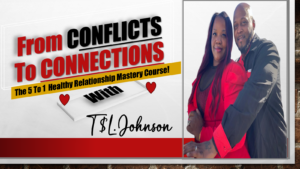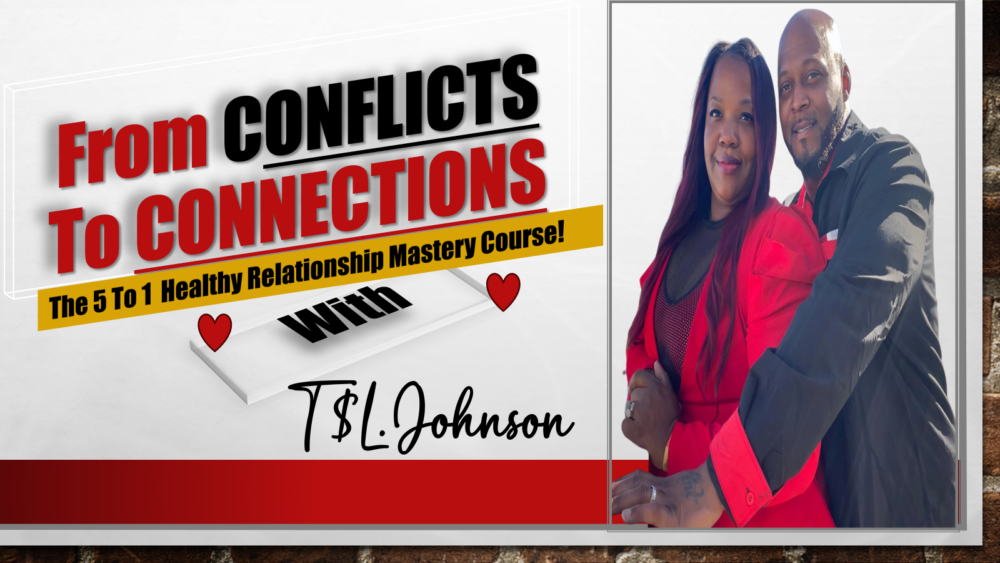Be Genuine in Your Conversations
Authenticity Matters
Let’s be real for a second. When you talk to someone, they can usually tell if you’re putting on a show or if you genuinely mean what you say. From my experience, being authentic has a magnetic effect. Not only do people appreciate sincerity, but they’re also more likely to open up to you when they feel your words carry weight.
So, how do we embody authenticity? It’s about aligning your words with your feelings. When you share your thoughts, do it from the heart, even if that means sharing something vulnerable. It builds rapport and shows you respect the other person’s feelings too.
Remember, there’s no need to use fancy jargon or buzzwords. Just speak from your experience and be yourself. That’s what will resonate the most with others.
Use Clear Language
When we get caught up in the moment, it’s easy to start rambling or using jargon. I’ve learned that clarity is crucial. The simpler your language, the easier it is for others to understand you. This clarity not only makes your message stronger but also prevents misunderstandings down the line.
Trust me; it’s way more effective to say what you mean without overcomplicating it. Think of your audience. If you’ve got something important to say, make it clear and concise. It shows respect for their time and attention.
This doesn’t mean you can’t be creative or expressive. Use analogies or stories that relate to your audience; just make sure the core message isn’t lost in translation.
Listen Actively
Listening is a skill that many people overlook. If you want to connect with someone, make it your mission to really listen to them. This means putting aside distractions—like your phone—and focusing entirely on the person speaking.
Active listening isn’t just about hearing their words. It’s about understanding their emotions and intentions. Nodding your head, leaning in, and occasionally repeating back what they’re saying can show them you’re engaged and care about what they’re saying.
From my personal experience, when I practice active listening, I often find deeper layers to the conversation that I might have missed otherwise. It’s an incredible way to foster genuine connections and show appreciation for others.
Communicate with Empathy
Put Yourself in Their Shoes
One of the key components of empathetic communication is perspective-taking. Try to imagine how the other person feels and respond accordingly. This was something I had to work on, but trust me, it’s worth it!
When you acknowledge someone’s feelings, even if you don’t entirely agree with them, you validate their experience. Whether they’re angry, happy, or frustrated, noticing their emotional state can transform a conversation from traditional small talk to a memorable exchange.
I strive to integrate empathy into my daily conversations by asking questions like, “How did that make you feel?” This not only shows that I care but also encourages the other person to share more openly.
Reflect and Validate
Building on that empathy, I’ve found that reflecting back what someone says can foster a deeper connection. When I share my understanding of their emotions or situation, it tells them they’re being heard.
For example, if a friend is lamenting a tough day at work, I might say, “That sounds really frustrating! It’s understandable that you’d feel overwhelmed.” These reflections not only affirm their feelings but open the door for them to share more.
It’s a beautiful cycle—when you validate someone’s feelings, they feel safe enough to express themselves further, making the conversation richer and more fulfilling.
Body Language Speaks Volumes
Here’s where it gets interesting: body language can tell more than your words ever could. When I talk about being empathetic, I also focus on being aware of my own non-verbal cues. Are my arms crossed? Am I making eye contact? This plays a massive role in letting others know I’m engaged and open to the conversation.
Pay attention to the other person’s body language as well. It can give you clues about how they’re feeling and whether they’re comfortable. By aligning your body language with your words, you create a harmonious environment conducive to honest dialogue.

And let’s not forget the power of smiles and nods! They can go a long way in expressing encouragement and understanding, making conversations more enjoyable for everyone involved.
Follow Up Meaningfully
Circle Back with Kindness
After a significant conversation, I believe in circling back to show that you genuinely care about the outcome. A simple message saying, “I’ve been thinking about what we discussed the other day…” can show that you’re invested.
This follow-up doesn’t have to be elaborate. It can be a quick text or an email checking in on how they’re feeling after your talk. It shows you’re not just in the conversation for the moment; you truly value the relationship you have.
I’ve noticed that this simple habit can dramatically deepen relationships—people appreciate knowing that someone is thinking about them and their concerns long after the chat ends.
Share Relevant Resources
Sometimes, another way to follow up is to provide resources that could help. If during a discussion, someone mentions feeling overwhelmed, it might be appropriate to send along a blog post, or a mindfulness app they could explore.
This action shows that you’re not just listening; you’re thinking of ways to help them move forward. I’ve often found that this yields lots of respect and gratitude, reinforcing that bond further.
Plus, it keeps the conversation going! It could even spark new discussions based on the resources you share.
Express Gratitude
Finally, expressing gratitude cannot be overstated. To truly embrace “speaking like you mean it,” thanking someone for sharing their thoughts can make a world of difference. Whether it’s a casual chat or a heavy discussion, a simple “I appreciate you opening up to me” can mean everything.
From my own experience, people love to hear they’ve made an impact on someone else’s life. This allows them to feel appreciated and recognized, encouraging them to continue sharing in the future.
Remember, gratitude isn’t just for the big things; it’s for all those little moments that build trust and strengthen relationships. It’s golden!
Conclusion
Overall, mastering the art of speaking like you mean it and listening like you love them is a journey of connection. It’s about authenticity, empathy, and genuine follow-up. If I can share one piece of advice, it’s to approach every conversation with sincerity and care. You’ll be surprised by how much it enriches your relationships, both personal and professional.
FAQs
1. What is the main idea of “Speaking Like You Mean It, Listening Like You Love Them”?
The main idea is to communicate authentically and empathically, creating deeper and more meaningful relationships through conversation.
2. Why is active listening important?
Active listening is vital because it shows the other person that you genuinely care about their thoughts and feelings, leading to stronger connections.
3. How can I become more empathetic in conversations?
To become more empathetic, practice putting yourself in others’ shoes, acknowledging their feelings, and validating their experiences during discussions.
4. What role does body language play in effective communication?
Body language is crucial as it conveys engagement, openness, and understanding, often impacting how your words are received.
5. How can follow-ups enhance conversations?
Following up shows that you value the relationship and the discussion, reinforcing connection and encouraging further dialogue.

Schedule Your First 20-Minute Coaching
Call With Us Today to see if we fit . You pick the price!
Click Here





